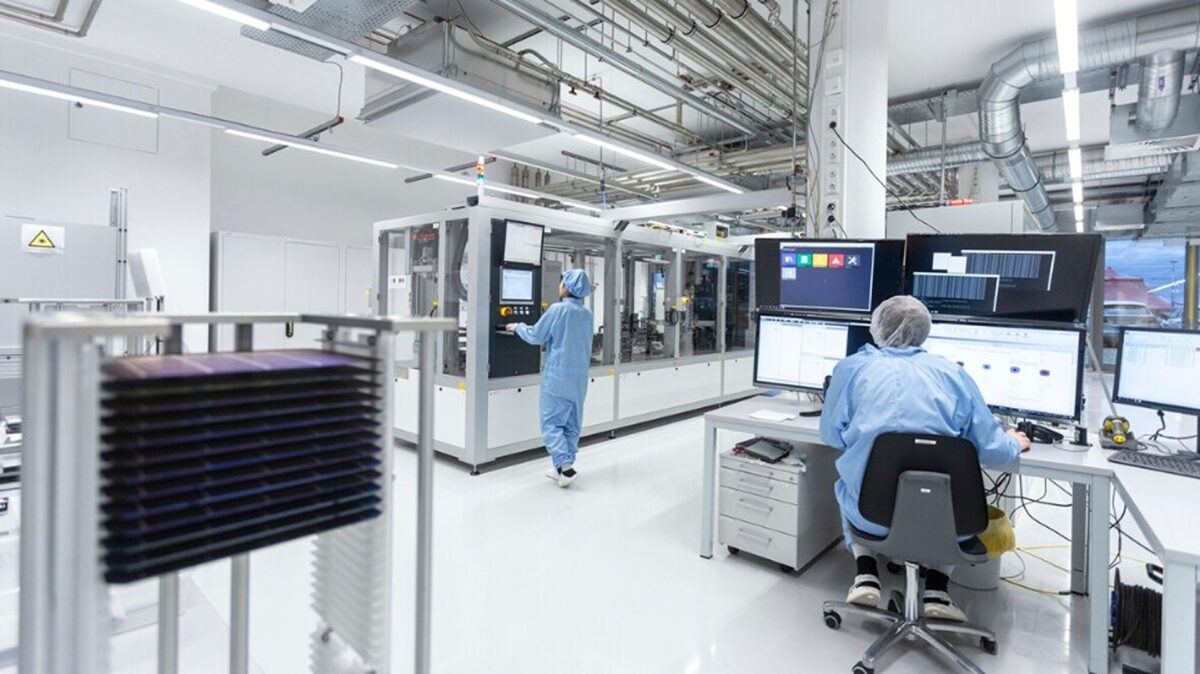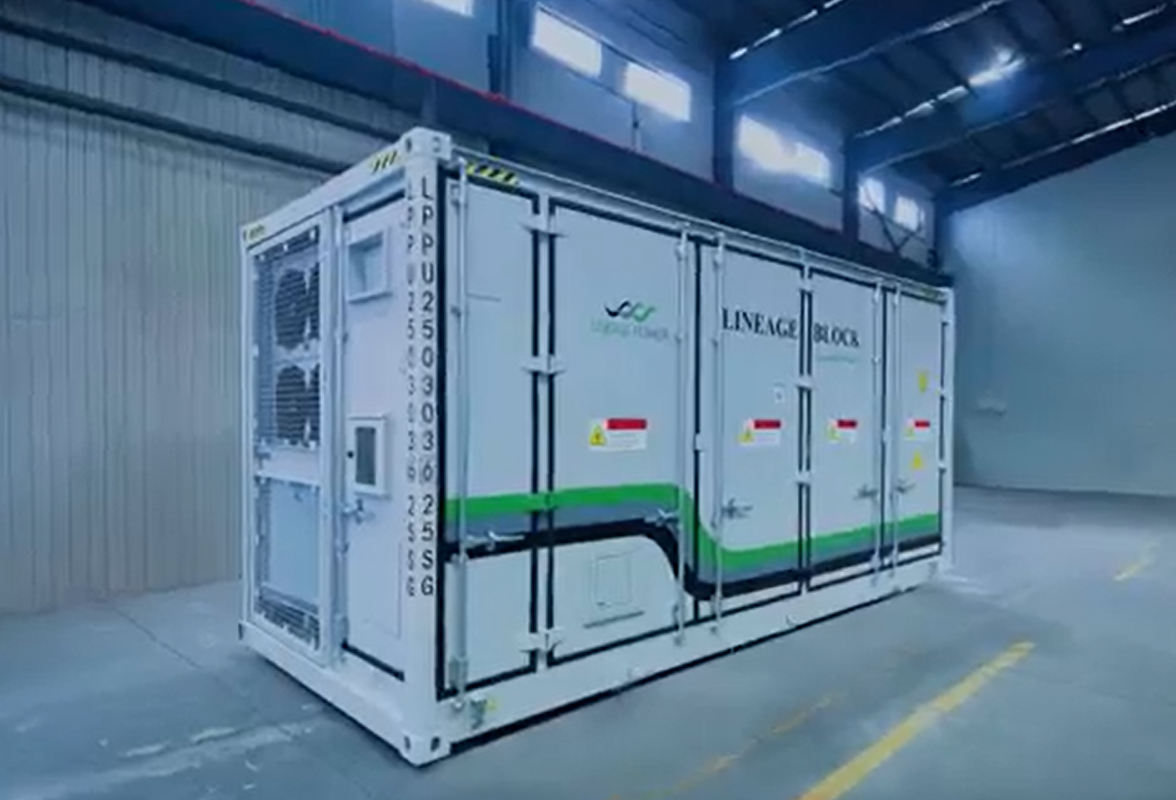Scientists at the Fraunhofer Institute for Solar Energy Systems ISE have cultivated a method for measuring the performance of back-contacted solar cells that avoids contact in the production line.
The method is based on photoluminescence and contactless electroluminescence images under different excitation conditions, as well as spectral reflection measurements.
It is capable of measuring the solar cell’s complete current-voltage characteristic curve, including performance parameters such as open-circuit voltage, short-circuit current density, fill factor and efficiency.
Dr. Johannes Greulich, group manager for inline solar cell analysis and simulation at Fraunhofer ISE, said the contactless method is particularly suited for measuring single-sided metallized solar cells, as well as the bottom cells of perovskite-silicon tandem solar cells.
He also explained that the new method has shown very good agreement in tests. “We intend to develop the adjustments required for use in industrial mass production and accelerate the measurement of the reverse behavior in a future research project with partners,” Greulich said.
A statement from Fraunhofer adds that eliminating physical contact with the solar cell saves time, allowing significantly higher throughput rates in production. Fraunhofer ISE Director Dr Ralf Preu suggests the methodology opens the door to productivity increases of more than 10,000 wafers per hour and to the production of even thinner solar cells. “With this innovation, we are enabling more cost-efficient large-scale production of next-generation solar cells,” Preu added.
The methodology has also been cited as a way of eliminating mechanical stress on the solar cells during measurement and reduces the maintenance costs of the measuring system.
This content is protected by copyright and may not be reused. If you want to cooperate with us and would like to reuse some of our content, please contact: editors@pv-magazine.com.








By submitting this form you agree to pv magazine using your data for the purposes of publishing your comment.
Your personal data will only be disclosed or otherwise transmitted to third parties for the purposes of spam filtering or if this is necessary for technical maintenance of the website. Any other transfer to third parties will not take place unless this is justified on the basis of applicable data protection regulations or if pv magazine is legally obliged to do so.
You may revoke this consent at any time with effect for the future, in which case your personal data will be deleted immediately. Otherwise, your data will be deleted if pv magazine has processed your request or the purpose of data storage is fulfilled.
Further information on data privacy can be found in our Data Protection Policy.